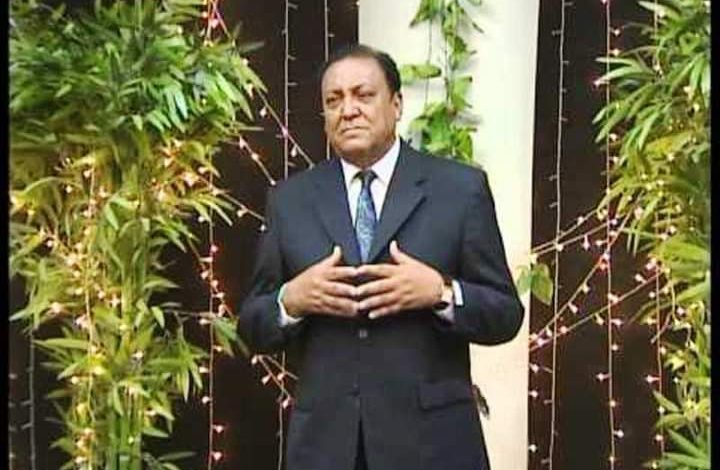Singer Al-Jilani Al-Wathiq: Career Between Singing and Acting
Jazz in Sudan Did Not Present New Talents

Sudan Events – Magda Hassan
The singer Al-Jilani Al-Wathiq released a collection of new songs. He said in an interview to Sudan Events that until the beginning of the war, he was inside the studios to produce new songs, which he broadcast on various websites, and he still has songs in preparation. Al-Jilani Al-Wathiq is known for his talent in composing and singing, and he has developed a musical method for himself that is still progressing. Accordingly, he is a fan of jazz and light music, and although artists have fallen from this genre of singing, the confident Jilani is still clinging to it, producing in it, and loving it.
Singing and Acting
The singer Al-Jilani Al-Wathiq was born in Khartoum. His father was one of those who contributed to the independence of Sudan with the leaders of the Federal Party and the assistant of leader Ismail Al-Azhari. Al-Jilani also loves politics and has great contributions to a number of Sudanese political parties.
He previously worked as Secretary of the Arts and Literature Department at the federal level.
And an advisor to the Secretariat of Thought and Culture in Khartoum State. In addition to his talent in singing, he has participations in acting, as he previously participated in the Sudanese series (Mission 56) directed by Shukrallah Khalafallah, which is his second experience, as it was preceded by an experience several years ago in the series (Blood on the Sea).
* Career Interruption
According to the musical division of the Sudanese song into popular, modern and jazz
Names such as Kamal Kila, Salah Brown, Sharhabeel Ahmed, and Al-Jilani Al-Wathiq are the most prominent as artistic names in the field in the past and present, indicating the interruption of communication between generations and the lack of emergence of the names of new artists in the field. Al-Wathiq confirms the hadith and adds:
Historically, jazz bands in Sudan did not provide talents that could continue in this field, but they provided musicians with advanced playing skills who now participate with all creative people in implementing their musical works. He added:
Jazz bands did not provide many models and professional singers in Sudan.
Except for a small number, but it provided distinguished instrumentalists who participated in singing jazz, and now they participate with traditional artists in playing the Omdurman song, or the popular song, or other guitar, organ, and symbol players.
* Jazz problems
Al-Jilani Al-Wathiq dates back to the end of jazz bands since the beginning of the nineties: Jazz bands have become less active since the beginning of the nineties.
Problems have appeared with this type of singing, so the bands stopped, but there are those who continued and tried to present their art in this way, like me and Sharhabeel Ahmed and others.
* Pop Music
Al-Wathiq believes that jazz art is not attractive to new singers or as he said: It has nothing to do with attractiveness.
Art is a school for everyone to choose what he likes. I personally liked light singing in pop music, as well as Keila and Sharhabeel, and they preceded us in the field, but until now I love this style and I continue in it until now and produce new works.
Even before the war, I was in the studios producing new songs, and I still have many songs in the well-known Gilani style and style. I am still in the same mood. Music arrangement and singing method, from my beginning until now, I produce and publish on various sites, and I will not stop as long as I am able to give.



